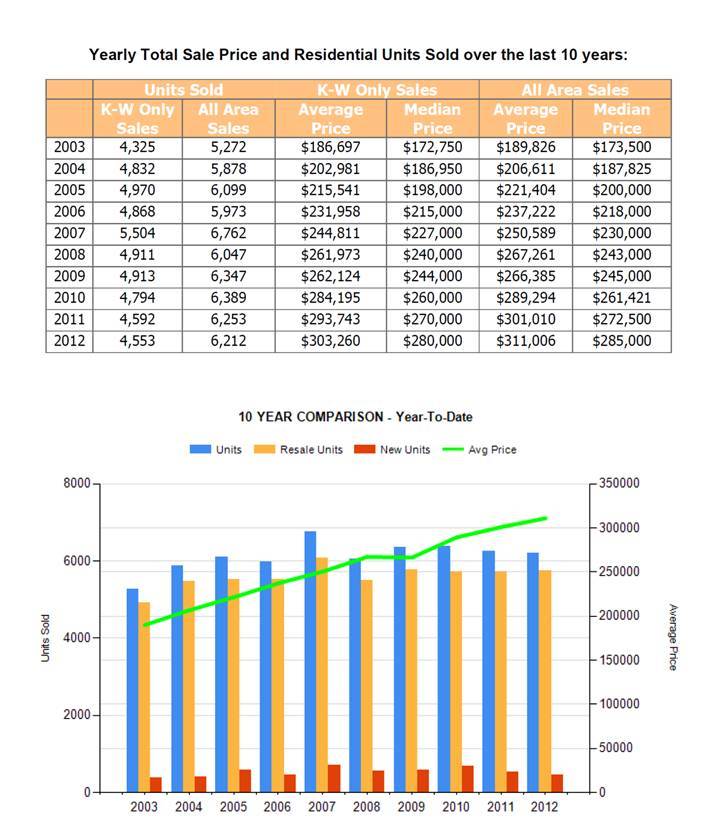Buyer beware the ‘as is’ clause
Friday, January 25th, 2013The “as is” condition might mean the homeowner does not have the time or money to make repairs, or in the case of a foreclosure or estate sale, the seller may not be familiar with the condition of the house.
By Joe Richer | Fri Jan 25 2013 | moneyville.ca
Q: What do I need to know about buying a home listed in “as is” condition?
A: When a home is listed for sale “as is,” it doesn’t necessarily mean that it is in a poor state of repair. The term simply means the property is being sold in its current condition and the seller will not be making any repairs to complete the sale.
The “as is” condition might mean the homeowner does not have the time or money to make repairs, or in the case of a foreclosure or estate sale, the seller may not be familiar with the condition of the house.
Whatever the reason, if you’re interested in the property, the only way to know the true condition is to have a home inspection carried out. Consider including a contingency clause in your offer based on your satisfaction with the inspection. If a deficiency with a budget-busting repair cost is uncovered during the inspection, you’ll want the option to walk away without penalty.
The advantage of an as is sale is the purchase price may be comparatively lower than similar properties in the neighbourhood. But be sure to factor in the cost of repairs and renovations when accounting for the total cost of the purchase.
Buying as is isn’t for everyone. If you’re planning to ask the owner to address a defect or are unwilling to follow-through on the purchase if the inspector finds anything wrong, you’re probably best to avoid making an offer on an as is property.
If you have a question for Joe, email askjoe@reco.on.ca. Joseph Richer is RECO’s registrar and is in charge of the administration and enforcement of all rules under the Real Estate and Business Brokers Act. You can find more tips at reco.on.ca, follow on Twitter @RECOhelps or on YouTube at youtube.com/recohelps.




